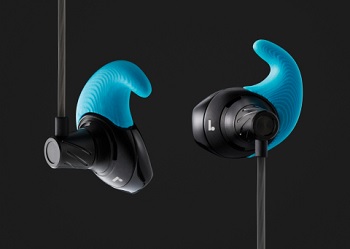Stratasys, a worldwide supplier of additive manufacturing solutions and 3D printers, has announced that the custom earphone manufacturer Normal has adopted their 3D printers for the mass customisation of earphones.
 Image Credit: Stratasys
Image Credit: Stratasys
Normal becomes one of the first custom earphone makers to use additive manufacturing for large scale customisation. It is capable of producing 3D printed and assembled customized earphones in less than 48 hours.
Customers can easily place an order with Normal using a free mobile app or at Normal’s flagship store in New York. Normal earphones are designed based on the unique preferences of each individual.
At the moment, the company operates 10 Stratasys Fortus 250mc 3D Printers and also manufactures custom components for the earphones based on the FDM 3D printing technology. Normal is keen on exploring the auditory, tactile and visual aspects of how their earphones are engineered and put together.
An alternative process for producing custom earphones would require involve silicon moulds, a health care professional and a waiting time of several weeks, in order to produce a product which would be very expensive to make.
We’re excited to be able to create accessible, tailor-made earphones that sound incredible. We’re using Stratasys’ 3D printing technology to build a product that is completely personalized.
Normal’s Founder and CEO Nikki Kaufman
Using 3D printing techniques, Normal are able to provide first-class, personalized earphones at an economical price. The 3D printed components of the earphones are crafted using ABSplus thermoplastic and are available in seven different colours.
“The implications of 3D printing for a company like Normal are huge. It’s a game-changer for customized goods: the ushering in of a new era in manufacturing,” said Stratasys’ Vice President of Marketing, Bruce Bradshaw. “Today, companies can offer consumers customized products, in a time-efficient manner, made possible with 3D printing.”